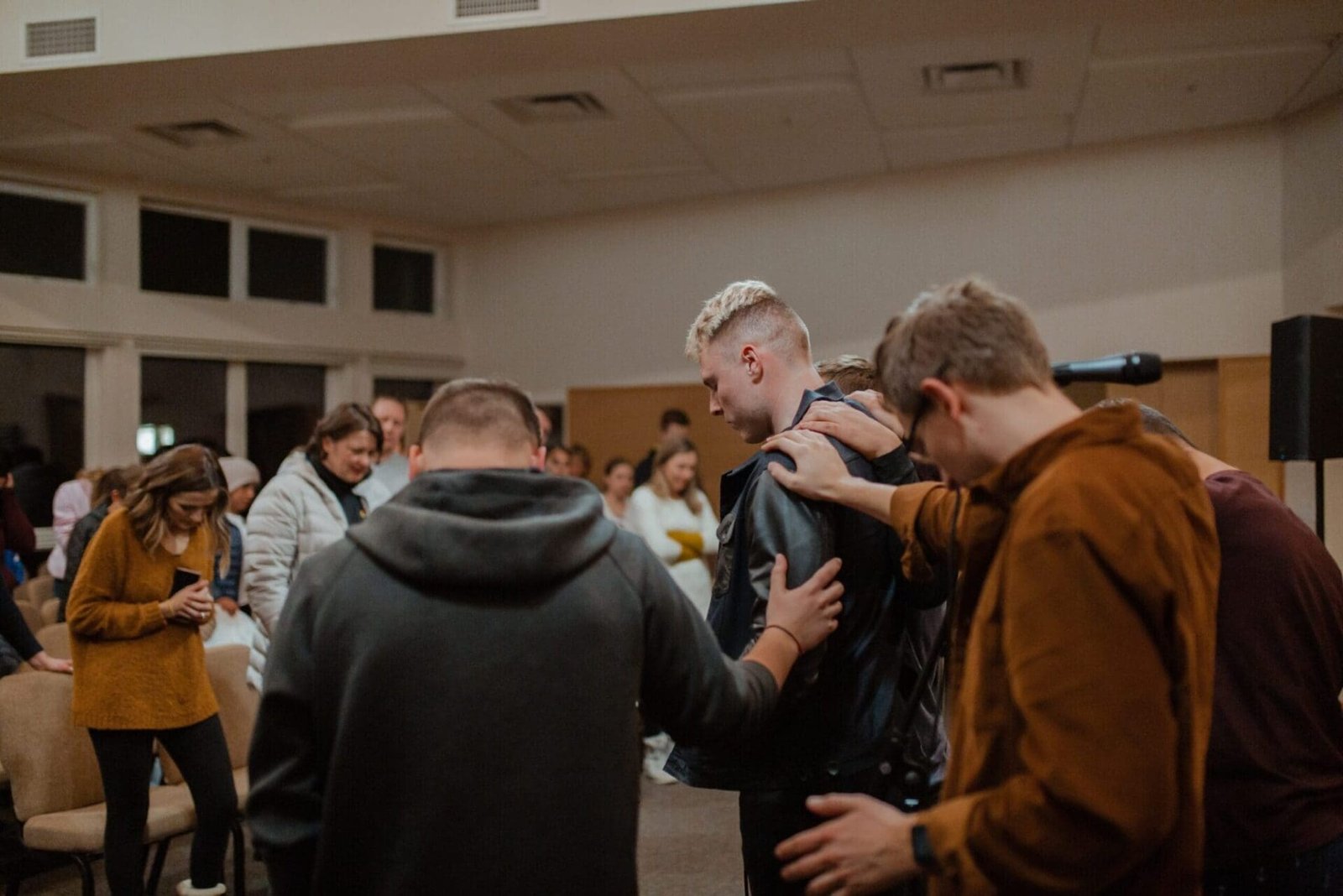Prayer is the foundation of any successful ministry, and building a strong prayer team for your church events can have a significant impact on the spiritual atmosphere and success of your gatherings. A dedicated group of prayer warriors can support your event, guide it spiritually, and create a space where God’s presence is felt. Whether you’re planning a church retreat, conference, or special service, having a prayer team is essential. Here’s a step-by-step guide on how to build a prayer team for your church events.
1. Identify the Purpose and Needs of Your Prayer Team
Before gathering your team, it’s important to clearly define the purpose of the prayer team for your event. Consider the specific needs of the event. Will the prayer team be praying for the speakers, the attendees, or the overall atmosphere of the event? Will they be praying before, during, or after the event? Setting clear goals and expectations for the prayer team will help you select the right individuals and give them a clear focus.
Think about whether you need a prayer team that will pray continuously or one that can commit to specific times. Understanding the scope of their involvement is key to building an effective prayer team.

2. Pray for the Right Team Members
Building a prayer team starts with prayer. Ask God to guide you in selecting the right people for the team. Look for individuals who have a heart for prayer, spiritual maturity, and a passion for supporting the event through intercession. Prayer is not just about asking; it’s about hearing God’s voice and aligning with His will for the event. Trust the Holy Spirit to lead you to the right people who will be faithful in prayer.
Consider including people who are already active in prayer ministries or have a reputation for being diligent and passionate in prayer. It’s important that team members not only have a desire to pray but also understand the importance of their role in the event’s spiritual success.
3. Communicate the Vision Clearly
Once you’ve identified potential team members, it’s time to communicate the vision and purpose of the prayer team clearly. Let them know why their prayers are vital to the event and how their involvement will make a difference. Share the specific areas where you need prayer support, such as for speakers, worship, logistics, or attendees. Be honest about the time commitment, whether it’s prayer before the event, during the event, or post-event follow-ups.
Make sure your team understands the spiritual significance of their role. Explain that they are not just attending the event but are playing an essential part in preparing the atmosphere for God to move.
4. Equip Your Prayer Team with Tools
Provide your prayer team with the resources and tools they need to effectively pray for the event. This could include:
- Prayer points or guides: Give them specific areas to pray for, such as speakers, worship leaders, attendees, and the overall atmosphere.
- Scripture: Provide Bible verses related to the event’s theme or focus for reflection and inspiration.
- Prayer schedules: If they are praying at different times, give them a clear schedule to ensure there is prayer coverage before, during, and after the event.
- Regular updates: Keep the prayer team informed about the progress of the event and any new prayer needs that arise. Communication is key to keeping everyone aligned and engaged.
5. Foster a Sense of Community
A prayer team is not just a group of individuals praying separately; it’s a community that encourages, supports, and strengthens one another. Foster a sense of unity within the team by having regular meetings or check-ins, either in person or virtually. These meetings can be opportunities for prayer, sharing testimonies, and offering mutual support.
You might also want to organize team-building activities or prayer walks to help deepen the relationships and spiritual bonds within the group. A united team will be more effective in their prayers and will build one another up as they pray together for the event.
6. Empower the Team with Authority and Responsibility
Give your prayer team members the authority to pray boldly and confidently. Empower them by reminding them of the power of prayer and how God works through their intercession. Encouragement and recognition can help them feel valued in their role.
If possible, assign specific team members to certain aspects of the event. For example, one person might pray specifically for the speakers, while another prays for the attendees. This helps create focused prayers while ensuring all areas of the event are covered. Assigning specific tasks also empowers each member to take ownership of their part in the event’s success.
7. Hold Pre-Event Prayer Sessions
Before the event, gather the prayer team for a special prayer meeting. This meeting will give everyone the chance to pray together, unify their spirits, and get focused on the event. During this time, you can pray for God’s guidance, protection, and blessing on every aspect of the event. This also gives the team an opportunity to share prayer needs and concerns in person, allowing them to pray more effectively.
Consider inviting the prayer team to be present for any pre-event setup or rehearsals to pray for the venue, the speakers, and the participants. This hands-on involvement helps the team become more attuned to the event’s specific needs.
8. Cover the Event in Prayer
During the event, ensure that your prayer team is actively praying. If your team is large, you can have members pray in shifts to ensure that prayer continues throughout the entire event. It’s also important to have prayer support for key moments, such as during altar calls, worship times, or difficult situations.
Encourage your prayer team to be flexible and open to the Holy Spirit’s leading. Sometimes, spontaneous prayers are needed to address specific issues or needs that arise during the event. Trust the team to follow God’s promptings and be responsive to any urgent prayer needs.
9. Follow Up After the Event
After the event, gather the prayer team together for a time of debriefing and praise. Thank them for their faithfulness and share any testimonies or answers to prayer that occurred during or after the event. This helps the team see the impact of their prayers and strengthens their commitment for future events.
You can also pray for continued fruit from the event, such as lasting spiritual growth, new relationships, and a greater sense of unity within the church.
Conclusion
Building a prayer team for church events is a powerful way to invite God’s presence and ensure that your events are spiritually impactful. By selecting dedicated team members, equipping them with the right tools, and fostering a sense of community, you can create a group of prayer warriors that will support your ministry and help bring your church events to life. With prayer as your foundation, you can confidently trust that God will work powerfully in and through your event.











